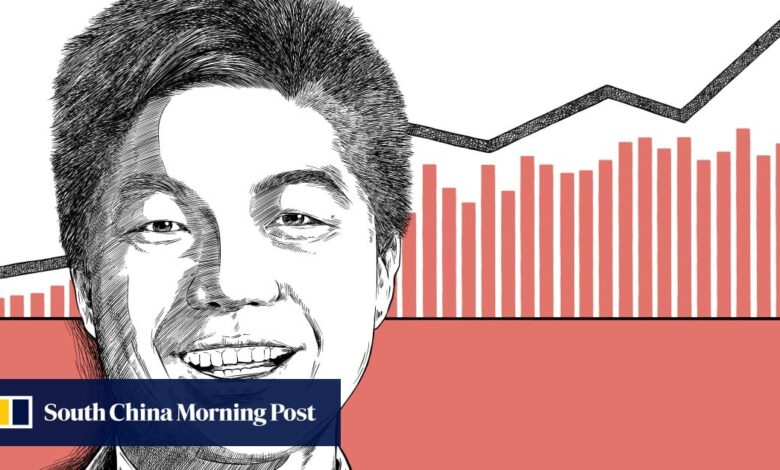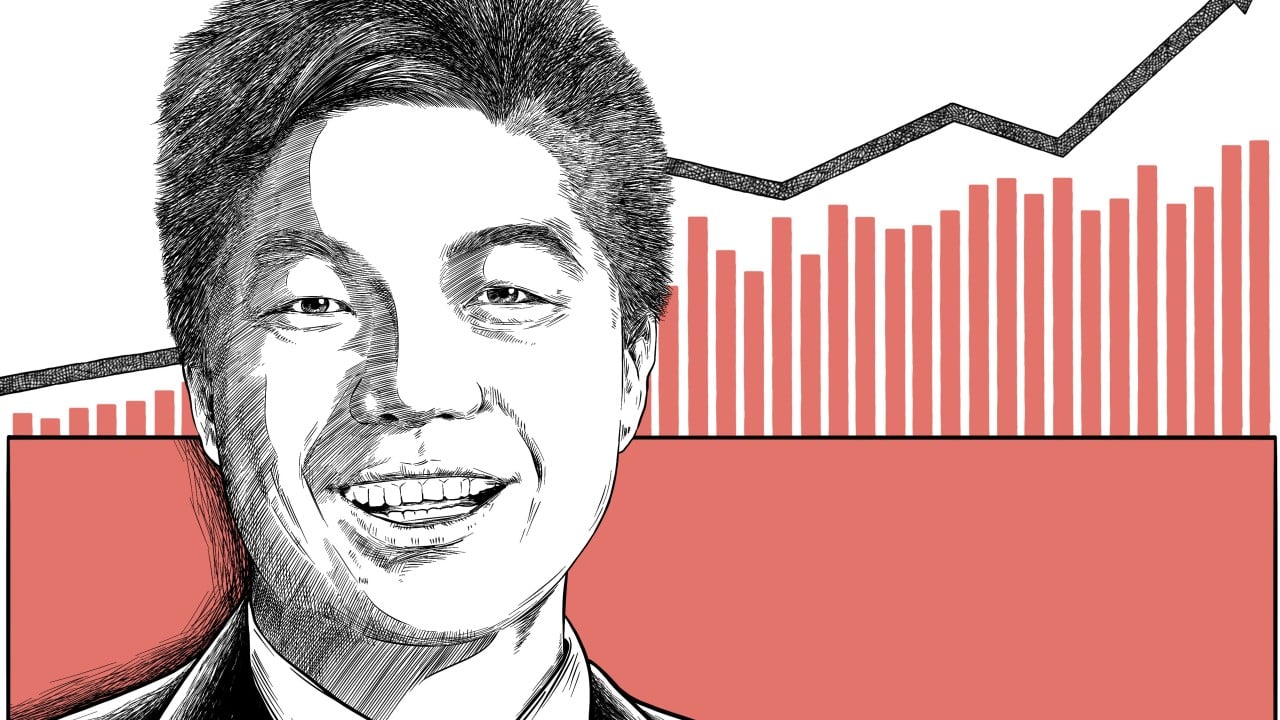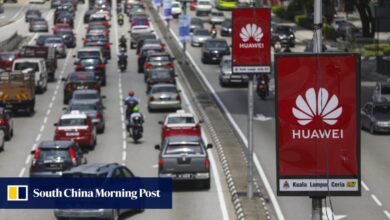Exclusive | Scholar Jing Qian on right sizing China’s economy in the age of Trump and DeepSeek


Jing Qian is a co-founder and managing director of the Center for China Analysis at the Asia Society Policy Institute, and a co-founder of Cure4Cancer and the Bloomberg International Cancer Coalition. He also served as a senior adviser to Kevin Rudd, former prime minister of Australia, for almost a decade. His research focuses on China’s elite politics and its impact on domestic and foreign policy, particularly US-China relations.
What should we be watching for in 2025 to determine the course of the world’s second-largest economy?
China’s economic trajectory in 2025 will be shaped by its ability to navigate the delicate balance between structural reforms and immediate economic pressures. The most pressing factors to watch will be Beijing’s domestic economic policies, private sector confidence, fiscal strategies, and its execution of long-term structural reform plans.
The Chinese government faces a crucial decision: will it introduce meaningful policies to support private businesses and restore business confidence, or will statist approaches remain dominant? The response will determine whether the country can revive its entrepreneurial ecosystem and encourage investment.
Another key question is how Beijing addresses local government debt, a growing burden that threatens fiscal stability. Without significant restructuring, many local governments will struggle to sustain infrastructure spending and social services. Additionally, the extent of fiscal stimulus Beijing is willing to implement – whether in the form of direct support for households or increased local government spending – will be crucial in determining the strength of the recovery.
At the core of these efforts lies consumer confidence, which remains weak due to economic uncertainty, sluggish wage growth and a struggling property market. Whether home prices stabilise or continue their decline will shape household spending behaviour, influencing broader economic momentum.
Source link



